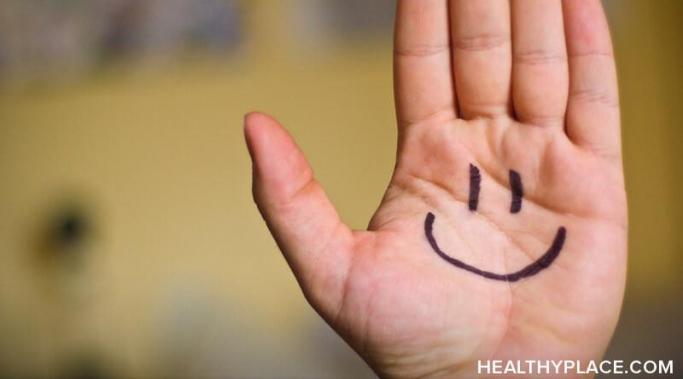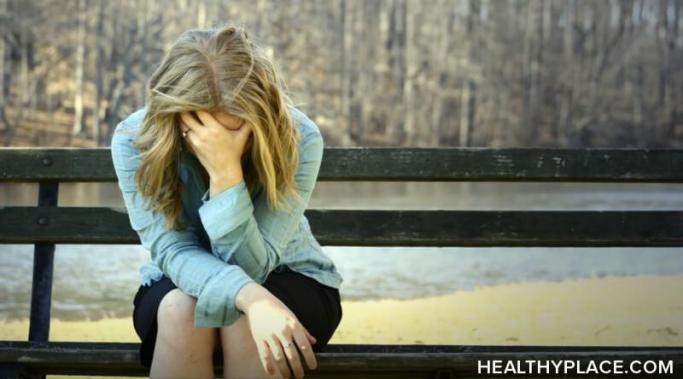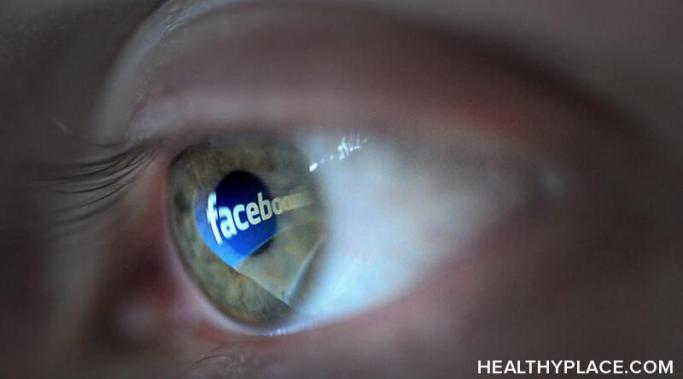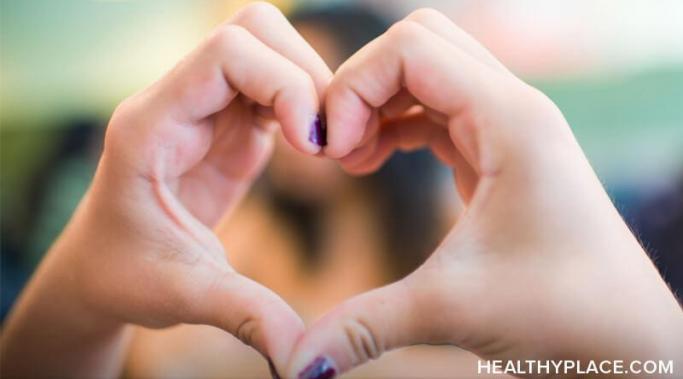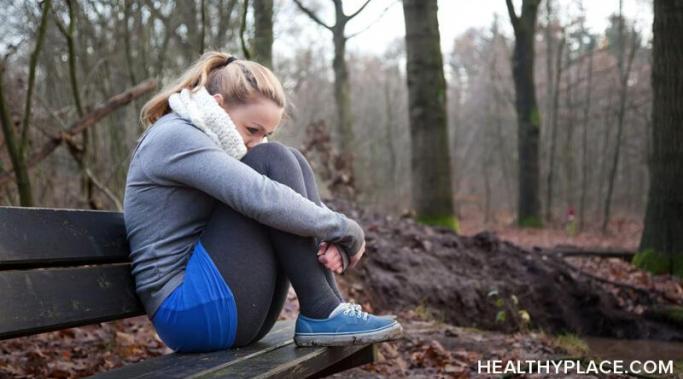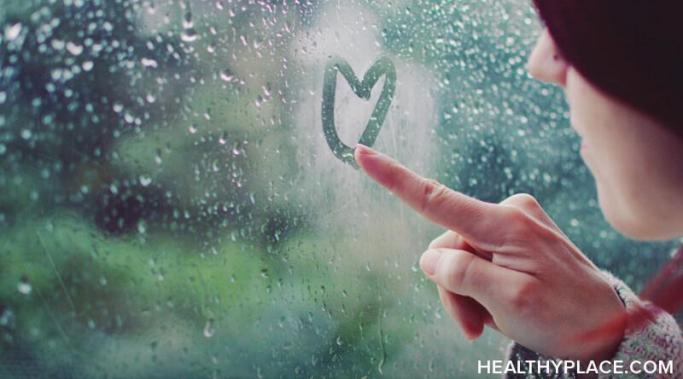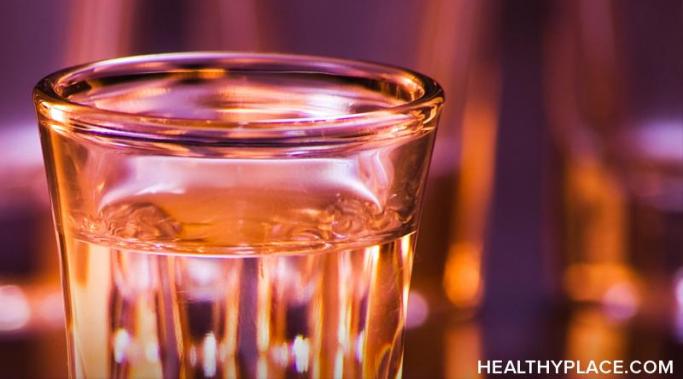I'm coping with grief in sobriety. Years before I got sober, I sat in church basements and listened to folks talk about the pink cloud. They claimed that by removing alcohol and other substances from their lives, they suddenly viewed the world through rose-colored glasses. The pink cloud of sobriety is supposed to feel euphoric and sparkly. But for me, the opposite was true. If anything, sobriety has been a grief journey accompanied by a rollercoaster of intense emotions.
Addiction Recovery
Recovery from addiction includes fear of the unknown, which creates skewed internal messaging. Challenging these feelings for validity is the best way to uncover their reason. After the haze of alcohol disappears, we face many complicated emotions, and our pesky brain will try to regress into old thinking. This skews whether these assumptions are valid -- all it takes is some self-evaluation to sort out which fears in recovery are false.
Shame can trap people in a cycle of alcoholism and addiction. Often, this becomes a skewed internal dialogue where the sense of shame exceeds the inciting event. An example would be someone isolating themselves from their family or friends after a potentially embarrassing episode whilst drinking. Rather than suppressing shame or guilt, I believe that exposure by self-evaluation and reflection is the best way to avoid the cycle that links shame and alcoholism.
Social media addiction is real. The definition of addiction is a complex psycho-physiological process manifested in any behavior in which a person finds pleasure and relief and therefore craves but suffers consequences without being able to give it up. Typically, addiction is associated with drugs, gambling, or shopping. But recently, after years of scrolling Instagram before getting out of bed, I couldn't help but wonder how many other people do the same thing. How many of us meet the criteria for social media addiction?
For most people practicing an alcohol-free lifestyle, there will eventually be an alcohol-centered party or event worth attending. Concerts, weddings, and holiday gatherings can be tricky, but not impossible, to navigate as a sober person. One thing that has helped me stay alcohol-free on a boozy night out is to redefine success.
According to Dr. Gabor Mate, underneath all addictive behaviors lies a deep, unresolved trauma wound.[1] One thing that helped me start releasing the shame I carry for struggling with addiction was learning about the two types of trauma: "big T" and "little t" trauma. Big T trauma is related to an acute, severe event like sexual assault or going to war. While little t trauma accumulates over time in response to things like active shooter drills or a childhood steeped in diet culture.[2] These two types of trauma are important to understand.
Over time, I learned that Alcoholics Anonymous (AA) wasn't for me. To say my initial response to the concept of AA meetings was poor would be an understatement. I recall being in my first rehab, joining the chorus of naysayers with some choice words. However, this would all change when I could no longer keep telling myself I was in control of my drinking.
Two weeks ago, I embarked on a massive life change in sobriety. Moving away from the town where I got sober to begin a new chapter flipped my world upside down. I had to face my fear of change and part ways with the people, places, and things that kept me grounded for three years. My comfort zone was demolished, forcing me to start afresh.
Someone recently asked me what fun things I have planned for the summer. Surprisingly, that felt like a loaded, triggering question. As a sober person who doesn't have a driver's license or disposable income, I get jealous and resentful when people talk about their vacation plans. The fear of missing out (FOMO) surfaces, and I feel excluded from that version of fun.
One of the most challenging parts of being in recovery for alcohol use disorder (AUD) is dealing with society's normalization of alcohol, a deadly drug. Alcohol is everywhere. Some days, triggering situations come at me more quickly than I can process them. Some days, I want to crawl into bed, pull the covers over my head, and stay there forever because that feels like the only safe place in this alcohol-obsessed culture.

